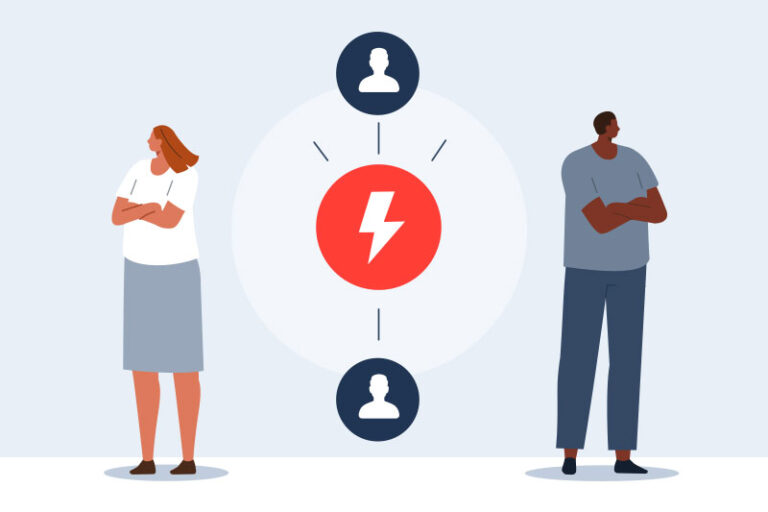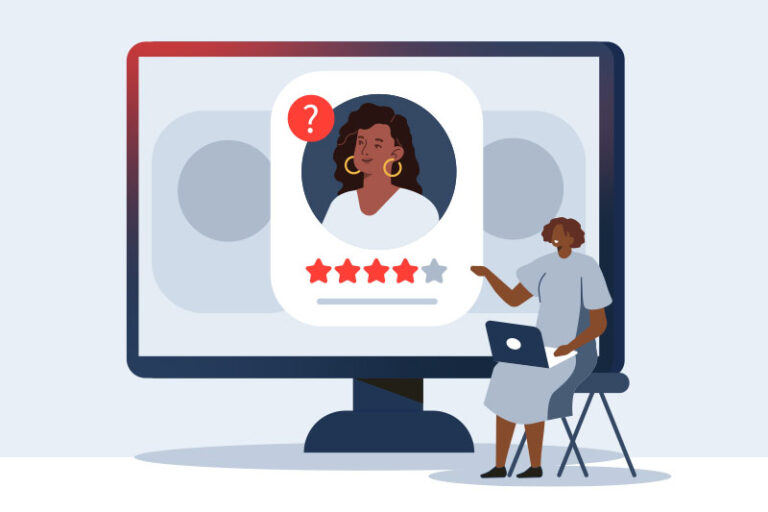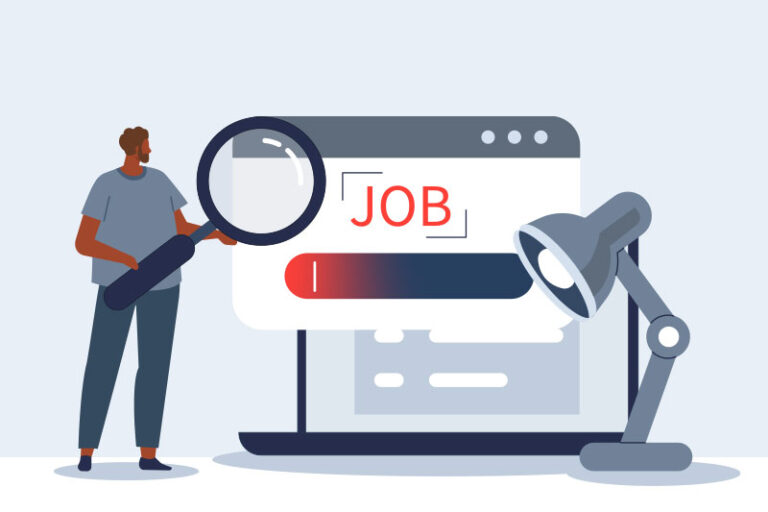Talking About Your Service

Most employers have no idea how your work in the military translates to the civilian workforce. Connect the dots so they know your service make you an asset.

Most employers have no idea how your work in the military translates to the civilian workforce. Connect the dots so they know your service make you an asset.

Job interviewers may be confused about the requirements of your service. Prove that your service is a benefit to them.

Part of the reason job interviews are stressful is that they’re so unusual. But if you’ve ever prepared for a military board, you’re ahead of the game.

The military gave you habits that will be great in an interview, but there are some traits you’ve acquired in your service that will work against you.

The one-size-fits-all military image isn’t always right for the civilian job market. Here are a few things to think about.

Interviews are hard enough as it is—adding the kind of impossible questions that people ask veterans every day can make them even worse.

There’s a reason service members refer to nonmilitary life as “the civilian world.” It's a whole new way of life—complete with its own rules and expectations.

The saying in the field is also true for the interview: Failing to plan is planning to fail. To succeed at this stage, you must arm yourself with information.